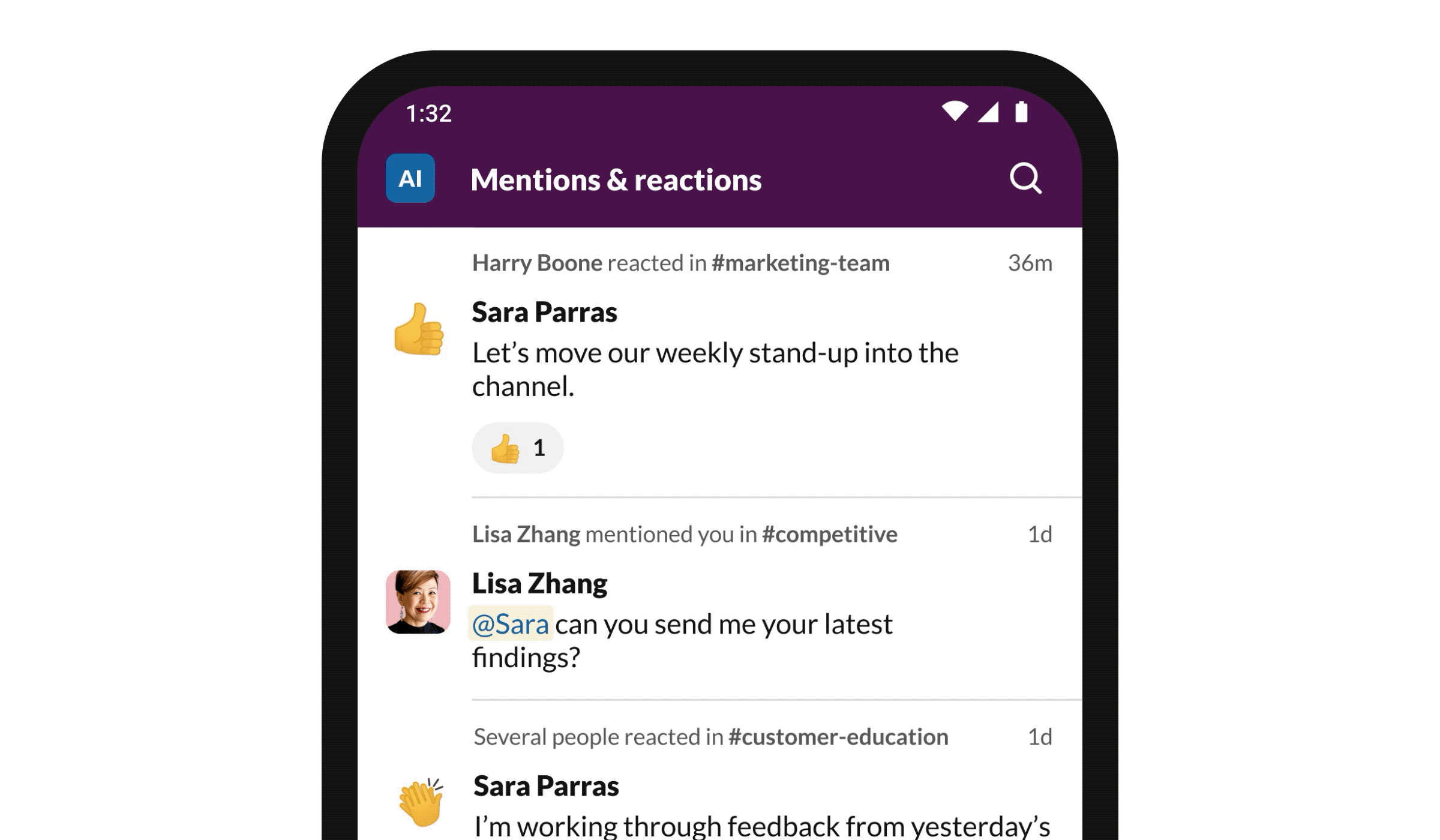Affordable Tools for Remote Work Collaboration
For teams of any size, effective collaboration is the linchpin of success. As teams become more geographically dispersed, the demand for affordable and efficient collaboration tools has skyrocketed. One of the biggest concerns for companies investing in virtual help is how they’ll keep in touch on projects in real-time.
In this blog post, we explore a curated list of top-notch, budget-friendly tools that empower remote teams to collaborate seamlessly, enhance productivity, and foster a cohesive work environment.
Slack: Real-Time Communication Hub
Slack has established itself as a go-to platform for real-time communication. It offers channels for team discussions, direct messaging, and file sharing. Slack's intuitive interface and integration capabilities with various apps make it a versatile choice for keeping everyone connected and informed.
Trello: Agile Project Management
Trello is a visual project management tool that utilizes boards, lists, and cards to help teams organize tasks and projects. Its user-friendly interface and flexibility make it an excellent choice for remote teams practicing agile methodologies. Trello keeps everyone on the same page, promoting transparency in project workflows.
Zoom: Virtual Meetings and Conferencing
Zoom has become synonymous with virtual meetings and video conferencing. Its free plan allows for unlimited one-on-one meetings and 40-minute limits on group meetings. With features like screen sharing, breakout rooms, and chat, Zoom facilitates effective communication and collaboration, bringing remote teams closer together.
Google Workspace: Cloud-Based Collaboration Suite
Formerly known as G Suite, Google Workspace provides a suite of cloud-based productivity tools, including Gmail, Google Drive, Docs, Sheets, and more. The real-time editing and commenting features make it easy for remote teams to collaborate on documents, spreadsheets, and presentations seamlessly.
Asana: Task and Project Management
Asana is a powerful task and project management tool that helps teams stay organized and on track. With features like task assignment, due dates, and project timelines, Asana streamlines project workflows and enhances collaboration among remote team members. Its free version caters to the basic needs of smaller teams.
Microsoft Teams: Unified Collaboration Platform
Part of the Microsoft 365 suite, Teams serves as a centralized hub for chat, video conferencing, file sharing, and collaboration. It seamlessly integrates with other Microsoft 365 apps, providing a comprehensive solution for remote teams to collaborate within a familiar environment.
Doodle: Simplified Scheduling
Coordinating schedules across different time zones can be challenging. Doodle simplifies the scheduling process by allowing team members to propose and vote on meeting times. This tool eliminates the back-and-forth emails, making it easier for remote teams to find mutually convenient meeting times.
Monday.com: Work Operating System
Monday.com offers a visual work operating system that empowers teams to manage work, meet deadlines, and build a culture of transparency. With customizable workflows, project tracking, and collaboration features, Monday.com is a robust platform for remote teams aiming to streamline their work processes.
Notion: All-in-One Workspace
Notion is an all-in-one workspace that combines note-taking, project management, and collaboration. Its versatility allows teams to create wikis, databases, and collaborative documents within a single platform. Notion's free plan provides a comprehensive toolkit for remote teams with basic collaboration needs.
HubSpot CRM: Customer Relationship Management
For remote teams focused on sales and customer relationships, HubSpot CRM offers a free, feature-rich solution. It helps teams organize and track leads, automate tasks, and manage customer interactions. HubSpot CRM ensures that remote sales teams can collaborate effectively and nurture client relationships.
Effective virtual team collaboration requires tools that not only connect teams but also enhance productivity and efficiency. These affordable tools cater to diverse collaboration needs, ensuring that remote teams can communicate seamlessly, manage projects efficiently, and maintain a cohesive work environment.



